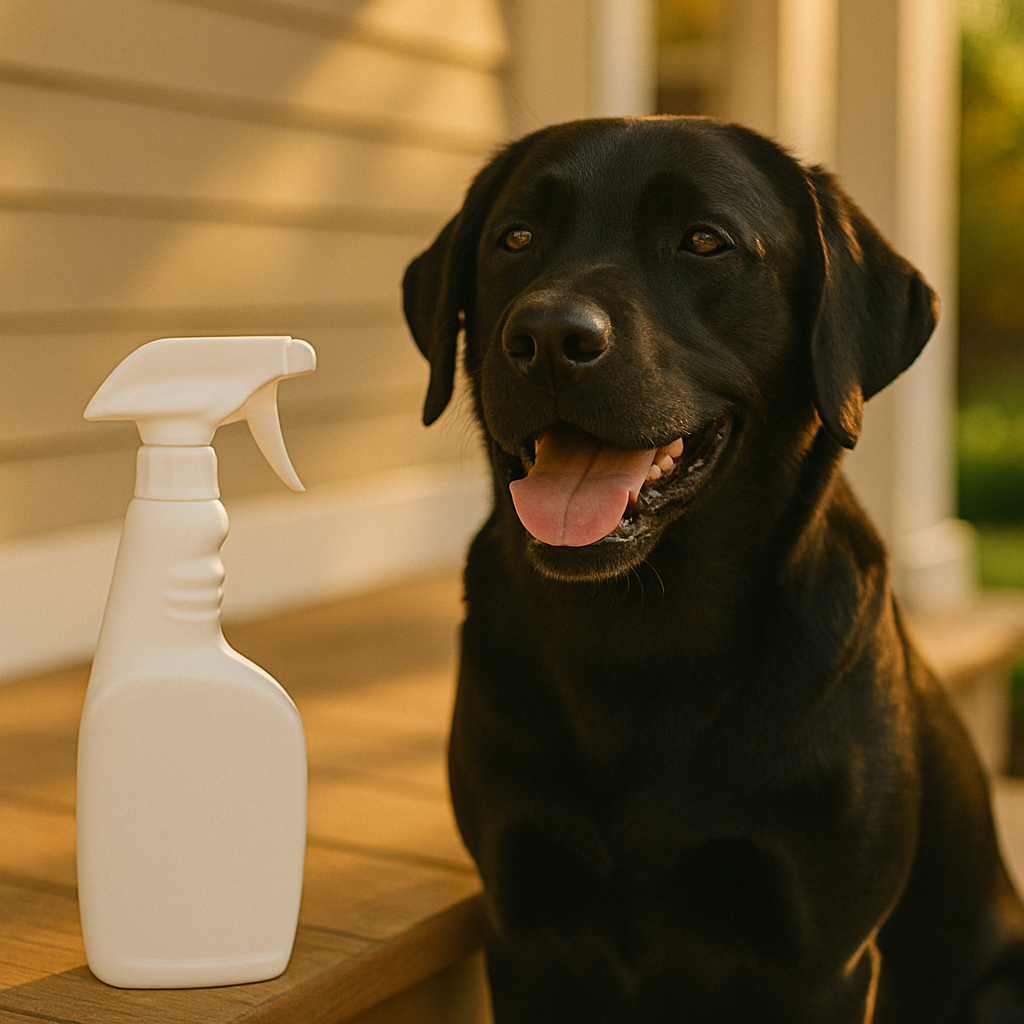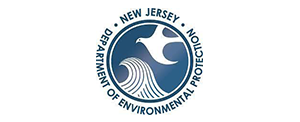Keeping fleas and ticks away from your pets and family requires a proactive, comprehensive approach. This guide provides practical strategies to help you safely enjoy your outdoor spaces without worrying about pests.
Pet Safety Considerations
Pets often encounter fleas and ticks first, acting as inadvertent carriers into your home. Follow these best practices:
- Regular Inspections: Check pets daily, especially after outdoor play.
- Use Pet-Safe Preventatives: Choose veterinarian-approved natural repellents like cedarwood or neem-based products.
- Grooming: Bathe and brush pets regularly using natural, pest-repelling shampoos.
Personal Protective Practices for Family Members
Personal vigilance is essential:
- Clothing: Wear light-colored clothing outdoors to spot ticks easily. Long pants tucked into socks provide additional protection.
- Repellents: Apply natural repellents containing citronella, eucalyptus, or cedarwood oil.
- Daily Checks: Conduct thorough tick checks after spending time outdoors, paying special attention to hair, behind ears, and along waistlines.

Seasonal Flea and Tick Prevention Tips
Tick and flea populations fluctuate seasonally:
Season | Prevention Steps |
Spring | Begin preventative treatments early, perform regular yard maintenance, and inspect pets frequently. |
Summer | Maintain consistent natural treatments and daily inspections; fleas and ticks peak during warm weather. |
Fall | Intensify yard clean-up, removing leaves and debris to minimize overwintering pests. |
Winter | Continue periodic inspections, especially during mild winters when pests remain active. |
Checklist: Keeping Your Yard Flea and Tick-Free
Use this handy checklist to maintain a pest-free environment:
Immediate Actions if You Find a Tick
- Remove ticks promptly using tweezers, pulling upward gently and steadily.
- Clean the bite area thoroughly with antiseptic.
- Monitor for signs of tick-borne illnesses (fever, rash, fatigue) and consult healthcare providers if symptoms appear.

Why Natural Methods Are Safer
Natural flea and tick management reduces chemical exposure risks, promoting better health for your pets and family. Explore our full eco-friendly pest management guide to learn more.
Final Thoughts
Maintaining a flea and tick-free yard involves proactive practices, safe treatments, and regular inspections. Implementing these strategies ensures your outdoor experiences remain enjoyable and worry-free.
Need personalized advice? Contact Greenstripe today to discuss customized pest management solutions for your family and pets.

Frequently Asked Questions
How often should I inspect my pets for ticks?
Daily inspections are ideal during peak tick seasons.
Are natural flea and tick repellents effective for pets?
Yes, veterinarian-approved natural repellents are effective when consistently applied.
What should I do immediately after removing a tick?
Clean the area with antiseptic, monitor for symptoms, and consult your doctor if concerns arise.
Do fleas and ticks pose significant health risks?
Yes, both can transmit diseases like Lyme disease and cause allergic reactions, emphasizing the importance of prevention.
Are there certain plants I can use around my yard to repel fleas and ticks?
Yes, rosemary, mint, lavender, lemongrass, and marigolds are excellent natural repellents.



